Home>Home Appliances>Cleaning Appliances>How Many Decibels Is A Vacuum Cleaner
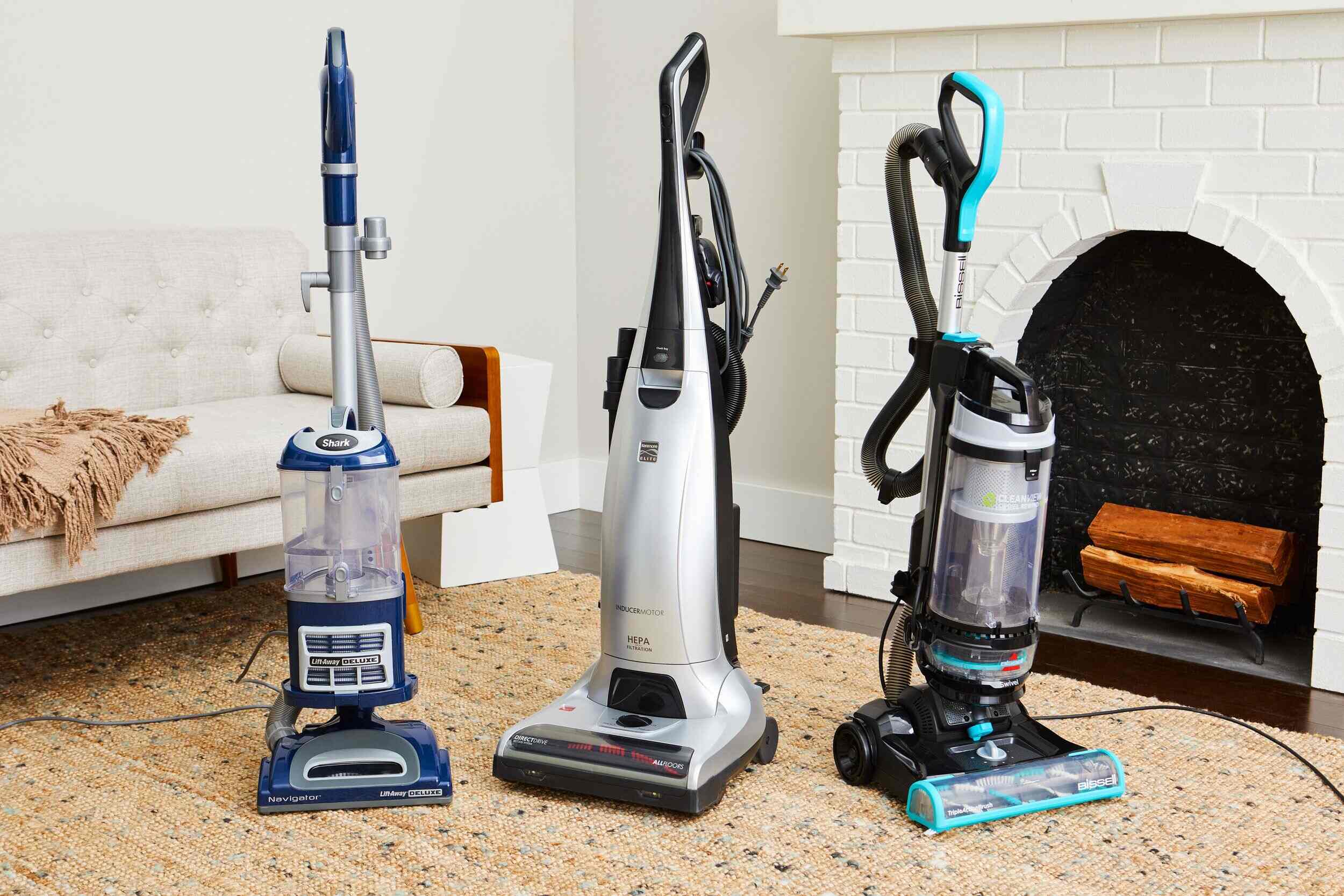

Cleaning Appliances
How Many Decibels Is A Vacuum Cleaner
Modified: January 6, 2024
Discover the noise level of a vacuum cleaner and how it compares to other cleaning appliances. Learn about decibels and find the quietest cleaning solutions.
(Many of the links in this article redirect to a specific reviewed product. Your purchase of these products through affiliate links helps to generate commission for Storables.com, at no extra cost. Learn more)
Introduction
Welcome to the world of cleaning appliances, where the humble vacuum cleaner plays a pivotal role in maintaining a tidy and hygienic living space. As you embark on your quest for the perfect vacuum cleaner, you may have encountered the term "decibels" in relation to these machines. In this article, we will delve into the realm of vacuum cleaner noise, specifically exploring the concept of decibels and its significance in the context of these indispensable household devices.
Vacuum cleaner noise is a crucial consideration for many consumers, as excessive noise can disrupt the tranquility of a home environment and cause discomfort to both inhabitants and pets. Understanding the decibel levels of vacuum cleaners is essential for making an informed purchasing decision, ensuring that the chosen appliance not only delivers exceptional cleaning performance but also operates at a tolerable noise level.
Throughout this article, we will unravel the mystery of decibels, shed light on the factors influencing vacuum cleaner noise, and provide valuable insights into selecting a quieter vacuum cleaner that aligns with your specific needs and preferences. So, let's embark on this journey to demystify the world of vacuum cleaner decibels and equip ourselves with the knowledge to make sound decisions when it comes to acquiring these indispensable household companions.
Key Takeaways:
- Vacuum cleaner noise is measured in decibels, with lower decibel levels indicating quieter operation. Understanding decibels helps consumers choose a vacuum cleaner that aligns with their noise preferences and living environment.
- Factors affecting vacuum cleaner noise include motor power, design, airflow, and filtration systems. Consumers can prioritize quieter models by considering decibel ratings, specialized low-noise options, and noise-optimized design features.
Read more: How Many Watts For A Vacuum Cleaner
Understanding Decibels
Decibels, often abbreviated as dB, serve as the unit of measurement for sound intensity and are integral to comprehending the noise output of vacuum cleaners. In the realm of acoustics, decibels provide a standardized scale for quantifying the loudness or volume of sound, allowing for clear comparisons across different sources of noise.
It is important to note that the decibel scale is logarithmic, meaning that a small change in decibel level corresponds to a substantial difference in perceived loudness. For instance, an increase of 10 decibels represents a tenfold amplification in sound intensity. Therefore, even seemingly minor variations in decibel levels can significantly impact the auditory experience.
When applied to vacuum cleaners, decibels serve as a measure of the noise generated during operation. The decibel rating of a vacuum cleaner indicates the sound pressure level produced by the machine, providing valuable insight into its potential impact on the surrounding environment. By understanding decibels in the context of vacuum cleaners, consumers can gauge the relative noise levels of different models and make informed decisions based on their noise tolerance and living situation.
Furthermore, the concept of decibels enables consumers to differentiate between standard vacuum cleaners and those specifically designed to operate at reduced noise levels. This distinction empowers individuals to prioritize a quieter cleaning experience without compromising on cleaning performance, ultimately enhancing their overall satisfaction with the chosen appliance.
As we navigate the realm of vacuum cleaner decibels, it becomes evident that a fundamental grasp of decibel measurement is essential for evaluating the noise output of these household devices. By embracing the significance of decibels and their implications for vacuum cleaner noise, consumers can embark on their purchasing journey with confidence, equipped with the knowledge to seek out appliances that harmonize with their acoustic preferences and living environments.
Factors Affecting Vacuum Cleaner Noise
When evaluating the noise output of a vacuum cleaner, it is essential to consider the various factors that contribute to the overall sound level produced during operation. By understanding these influencing elements, consumers can make informed decisions and select a vacuum cleaner that aligns with their noise tolerance and environmental requirements.
Motor Power: The power of a vacuum cleaner’s motor directly impacts its noise output. Higher-powered motors often produce greater noise levels, especially during intensive cleaning tasks. However, advancements in motor technology have led to the development of quieter yet powerful motors, offering a balance between performance and noise reduction.
Design and Insulation: The design and construction of a vacuum cleaner play a significant role in determining its noise levels. Well-insulated models with sound-dampening features, such as strategic placement of noise-absorbing materials and vibration-reducing components, contribute to a quieter operational experience. Additionally, compact and streamlined designs may mitigate noise by minimizing airflow turbulence and mechanical vibrations.
Airflow and Suction: The airflow and suction capabilities of a vacuum cleaner impact the noise generated during use. Models with high airflow and suction rates may produce more pronounced noise, particularly when tackling demanding cleaning tasks. Manufacturers often implement engineering solutions to optimize airflow pathways and reduce turbulence, thereby mitigating noise without compromising cleaning efficiency.
Brush and Agitator Systems: The brush and agitator systems integrated into vacuum cleaners can influence noise levels, especially on hard flooring surfaces. The design and composition of these components, along with the motorized brush mechanisms, contribute to the overall sound output during operation. Innovations in brush and agitator technology aim to minimize noise while enhancing cleaning performance across diverse floor types.
Filtration Systems: The filtration system of a vacuum cleaner can impact its noise characteristics. Advanced filtration technologies, such as HEPA filters and multi-stage filtration systems, may introduce additional airflow resistance, potentially affecting the overall noise profile of the appliance. Manufacturers strive to optimize filtration efficiency while managing airflow dynamics to achieve quieter yet effective cleaning processes.
By recognizing the multifaceted nature of vacuum cleaner noise, consumers can navigate the diverse array of models with a comprehensive understanding of the factors influencing noise levels. This awareness empowers individuals to prioritize features that align with their preferences, whether seeking a whisper-quiet cleaning experience or prioritizing robust cleaning performance in their household maintenance endeavors.
The typical sound level of a vacuum cleaner is around 70-80 decibels. To put that in perspective, normal conversation is around 60-70 decibels, so a vacuum cleaner is a bit louder than that.
Average Decibel Levels of Vacuum Cleaners
As consumers seek to identify vacuum cleaners that harmonize with their acoustic preferences and living environments, understanding the typical decibel levels associated with these appliances is paramount. By gaining insight into the average decibel ranges of vacuum cleaners, individuals can make informed decisions based on their noise tolerance and the specific noise regulations within their residential settings.
Standard Decibel Levels: The average decibel levels of vacuum cleaners typically range from 60 to 80 decibels during operation. This range encompasses a spectrum of noise intensities, with some models emitting lower decibel levels akin to normal conversation volumes, while others may produce noise levels comparable to city traffic or a bustling office environment.
Quiet Vacuum Cleaners: Manufacturers have responded to the demand for quieter cleaning experiences by developing vacuum cleaners designed to operate at reduced noise levels. These models often fall within the 60 to 70-decibel range, offering a notably quieter operational profile that aligns with the preferences of noise-conscious consumers. Quieter vacuum cleaners are particularly well-suited for households where minimizing noise disturbance is a priority, such as in apartments, condominiums, or shared living spaces.
Specialized Low-Noise Models: In the pursuit of exceptional quietness, specialized low-noise vacuum cleaners have emerged, boasting decibel levels as low as 60 decibels or below. These models leverage advanced engineering and noise-reduction technologies to deliver whisper-quiet cleaning performance without compromising on suction power or cleaning efficacy. Such low-noise vacuum cleaners cater to individuals who prioritize a serene home environment and seek to minimize the impact of cleaning-related noise on their daily routines.
Variable Noise Levels: It is important to note that the noise output of vacuum cleaners can vary based on the cleaning mode, surface type, and operational settings. Some models may exhibit lower decibel levels when operating in specific modes, such as eco or silent settings, providing users with the flexibility to adjust noise levels based on their immediate needs and preferences.
By familiarizing themselves with the average decibel levels associated with vacuum cleaners, consumers can navigate the diverse array of available models with a nuanced understanding of the noise characteristics offered by each appliance. This knowledge empowers individuals to make sound purchasing decisions, selecting vacuum cleaners that not only excel in cleaning performance but also contribute to a harmonious and tranquil home environment.
Tips for Choosing a Quieter Vacuum Cleaner
When embarking on the quest for a quieter vacuum cleaner, consumers can leverage a range of practical tips and considerations to identify a model that aligns with their noise preferences and household dynamics. By integrating these insights into their decision-making process, individuals can prioritize a serene cleaning experience without compromising on cleaning performance or functionality.
Decibel Ratings: Prior to purchasing a vacuum cleaner, familiarize yourself with the decibel ratings of various models. Look for appliances with lower decibel levels, typically ranging from 60 to 70 decibels, to ensure a quieter operational profile. Selecting a vacuum cleaner with reduced noise output can significantly contribute to a peaceful living environment, especially in shared or noise-sensitive spaces.
Specialized Low-Noise Models: Consider exploring specialized low-noise vacuum cleaners designed to operate at exceptionally quiet decibel levels, often reaching 60 decibels or below. These models prioritize noise reduction without compromising on suction power, making them ideal for individuals seeking a whisper-quiet cleaning experience within their homes.
Noise-Optimized Design: Look for vacuum cleaners featuring noise-optimized design elements, such as sound-dampening insulation, vibration-reducing components, and strategic airflow management. These features contribute to a quieter operational experience, minimizing the impact of cleaning-related noise on the household environment.
Variable Cleaning Modes: Explore vacuum cleaners equipped with variable cleaning modes, including eco or silent settings, which allow users to adjust noise levels based on their immediate needs. This flexibility enables individuals to tailor the vacuum cleaner’s noise output to suit specific cleaning tasks and environmental considerations.
User Reviews and Recommendations: Prior to making a purchase, seek out user reviews and recommendations pertaining to the noise performance of different vacuum cleaner models. Real-world insights from fellow consumers can offer valuable perspectives on the actual noise levels and overall acoustic experience provided by the appliances under consideration.
Demonstration and In-Store Testing: Whenever possible, take advantage of in-store demonstrations or testing opportunities to assess the noise output of prospective vacuum cleaners firsthand. Experiencing the operational noise in a real-world setting can inform your decision and provide clarity regarding the acoustic characteristics of each model.
Consultation with Sales Professionals: Engage in discussions with knowledgeable sales professionals or customer service representatives to gain insights into the noise profiles of different vacuum cleaners. Their expertise can guide you toward models that prioritize quiet operation while meeting your specific cleaning requirements.
By incorporating these tips into the vacuum cleaner selection process, consumers can navigate the market with a heightened awareness of the noise-related features and considerations associated with various models. This approach empowers individuals to make informed decisions, ultimately selecting a vacuum cleaner that not only excels in cleaning performance but also contributes to a harmonious and tranquil home environment.
Read more: How Many Decibels Is A Hair Dryer
Conclusion
As we conclude our exploration of vacuum cleaner decibels, it becomes evident that the noise output of these essential household appliances holds significant implications for the overall home environment. By unraveling the mysteries of decibels and delving into the factors influencing vacuum cleaner noise, consumers can equip themselves with the knowledge to make informed decisions when selecting a vacuum cleaner that aligns with their noise preferences and living dynamics.
Understanding the concept of decibels and their application to vacuum cleaner noise empowers individuals to navigate the diverse array of available models with a discerning eye, seeking out appliances that not only excel in cleaning performance but also operate at tolerable noise levels. The average decibel levels associated with vacuum cleaners provide valuable benchmarks for consumers, offering insights into the typical noise intensities exhibited by different models and guiding the pursuit of quieter cleaning experiences.
Furthermore, the emergence of specialized low-noise vacuum cleaners and the integration of noise-optimized design elements underscore the industry’s commitment to addressing the demand for quieter cleaning solutions. These advancements cater to individuals residing in noise-sensitive environments, such as apartments, condominiums, and shared living spaces, where minimizing noise disturbance is paramount.
By embracing practical tips for choosing a quieter vacuum cleaner, consumers can elevate their purchasing decisions, emphasizing the importance of noise reduction without compromising on cleaning efficacy. The ability to explore variable cleaning modes, leverage user reviews and recommendations, and engage in in-store testing empowers individuals to select a vacuum cleaner that harmonizes with their acoustic preferences and contributes to a serene home environment.
Ultimately, the quest for a quieter vacuum cleaner transcends the mere acquisition of a household appliance; it embodies a pursuit of harmony, comfort, and tranquility within the spaces we inhabit. Through a nuanced understanding of vacuum cleaner decibels and a conscientious approach to selection, consumers can transform the act of cleaning into a seamless and unobtrusive facet of daily life, enhancing the overall quality of their living environment.
As we embrace the significance of vacuum cleaner decibels, let us embark on our cleaning endeavors with confidence, knowing that we have harnessed the power of knowledge to curate a quieter, more harmonious home environment—one vacuum cleaner at a time.
Frequently Asked Questions about How Many Decibels Is A Vacuum Cleaner
Was this page helpful?
At Storables.com, we guarantee accurate and reliable information. Our content, validated by Expert Board Contributors, is crafted following stringent Editorial Policies. We're committed to providing you with well-researched, expert-backed insights for all your informational needs.
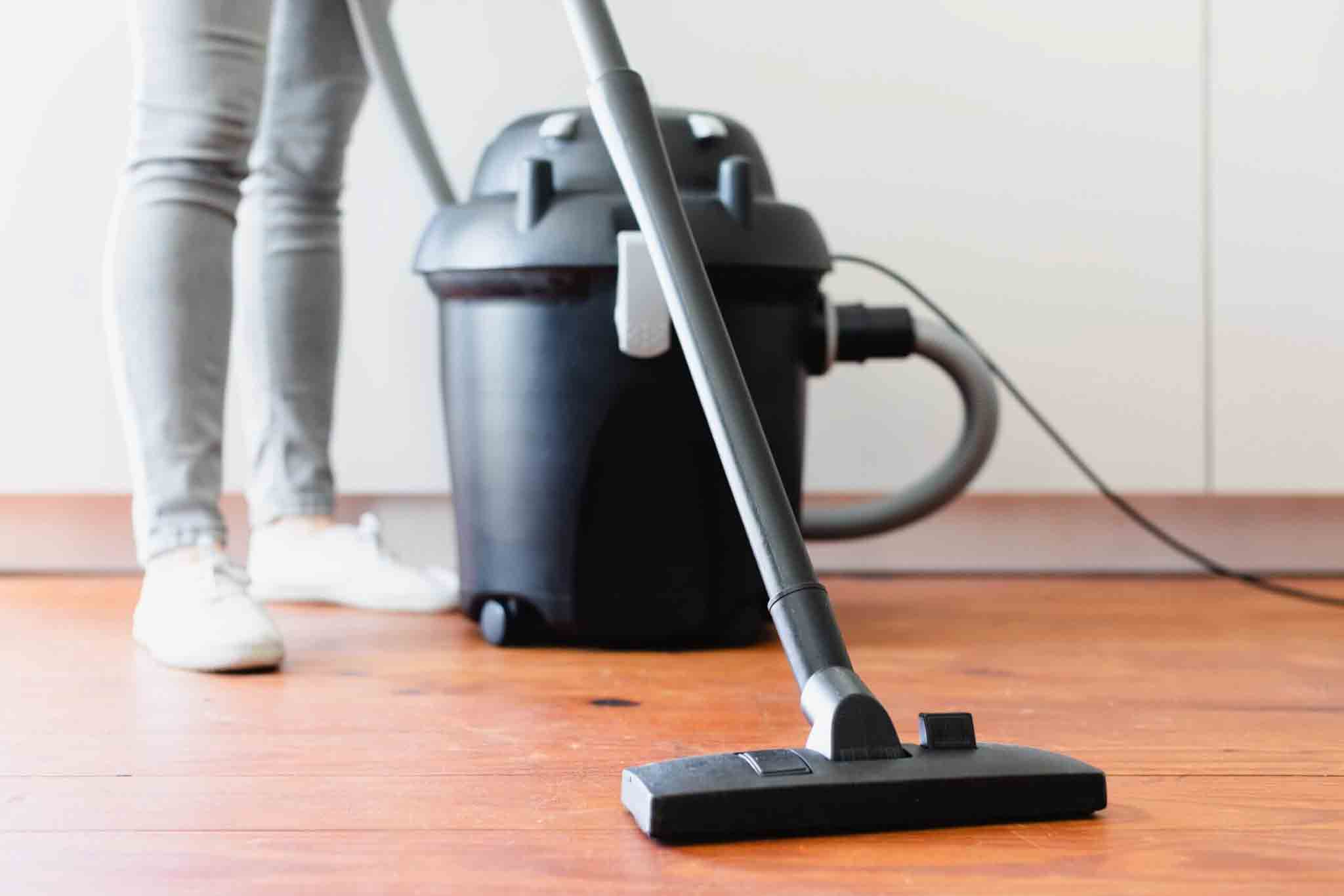
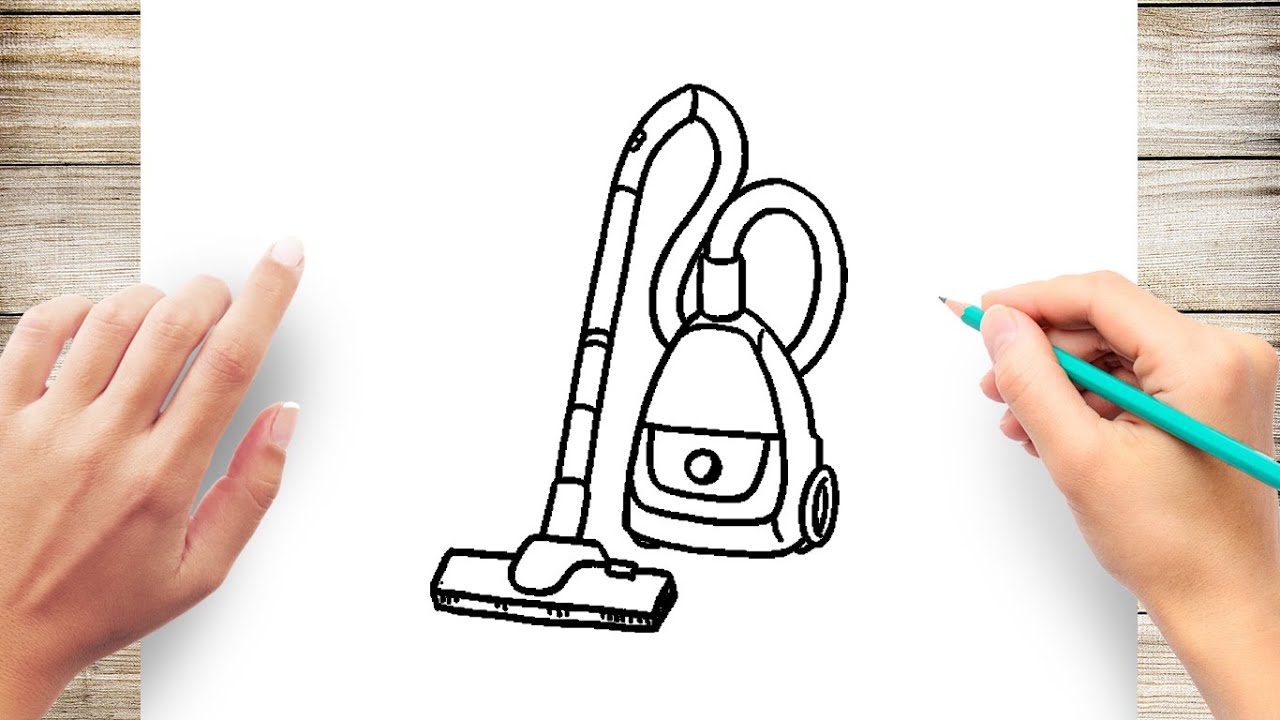
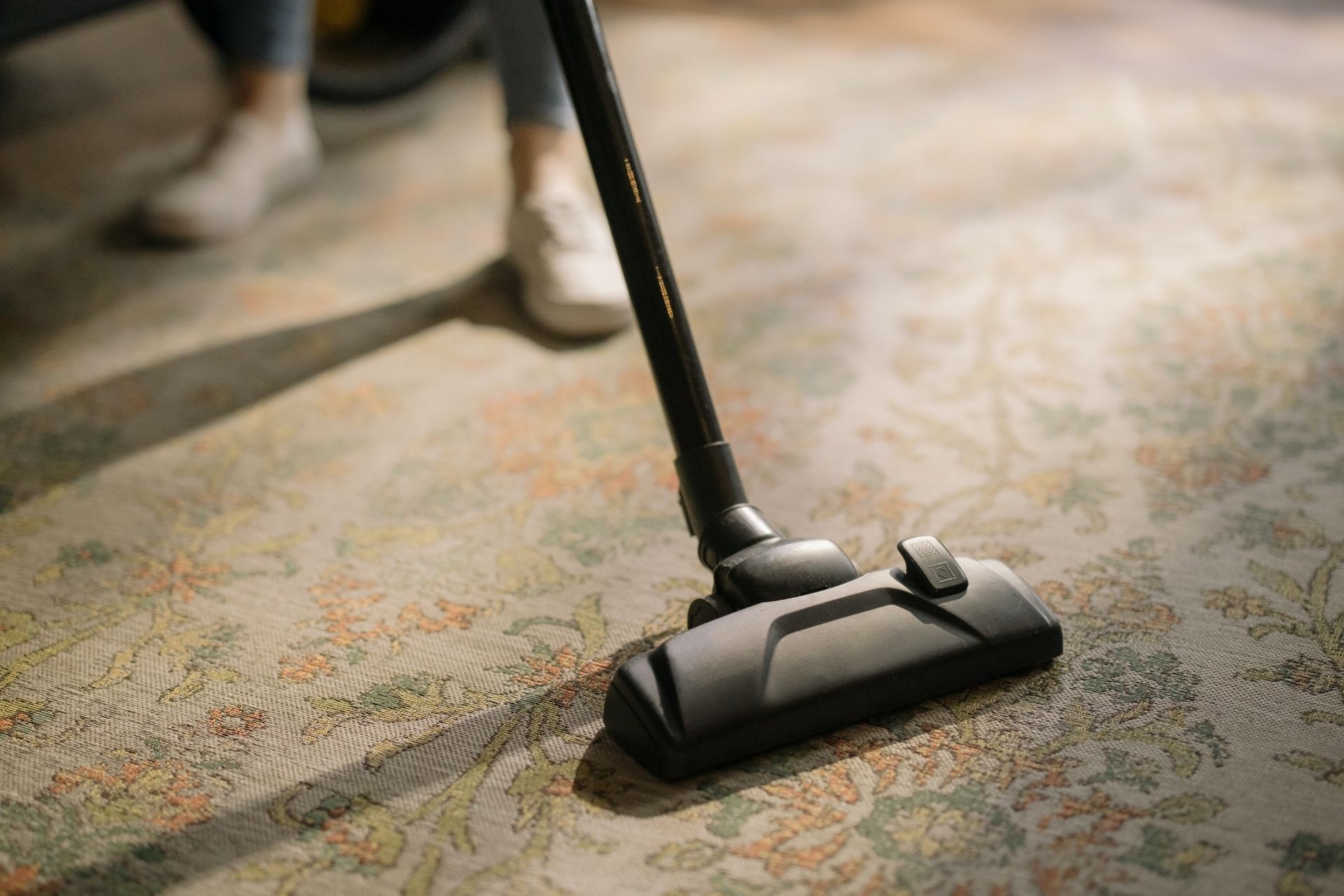
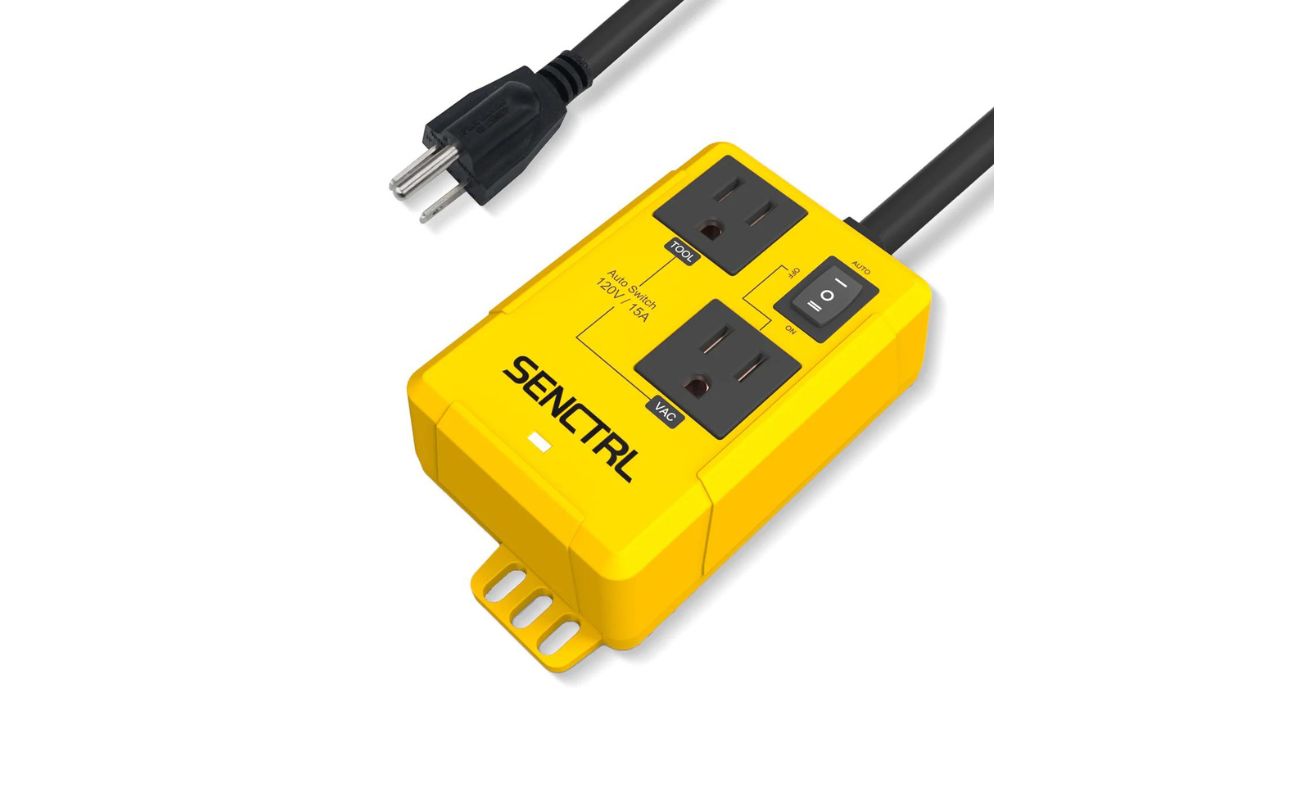
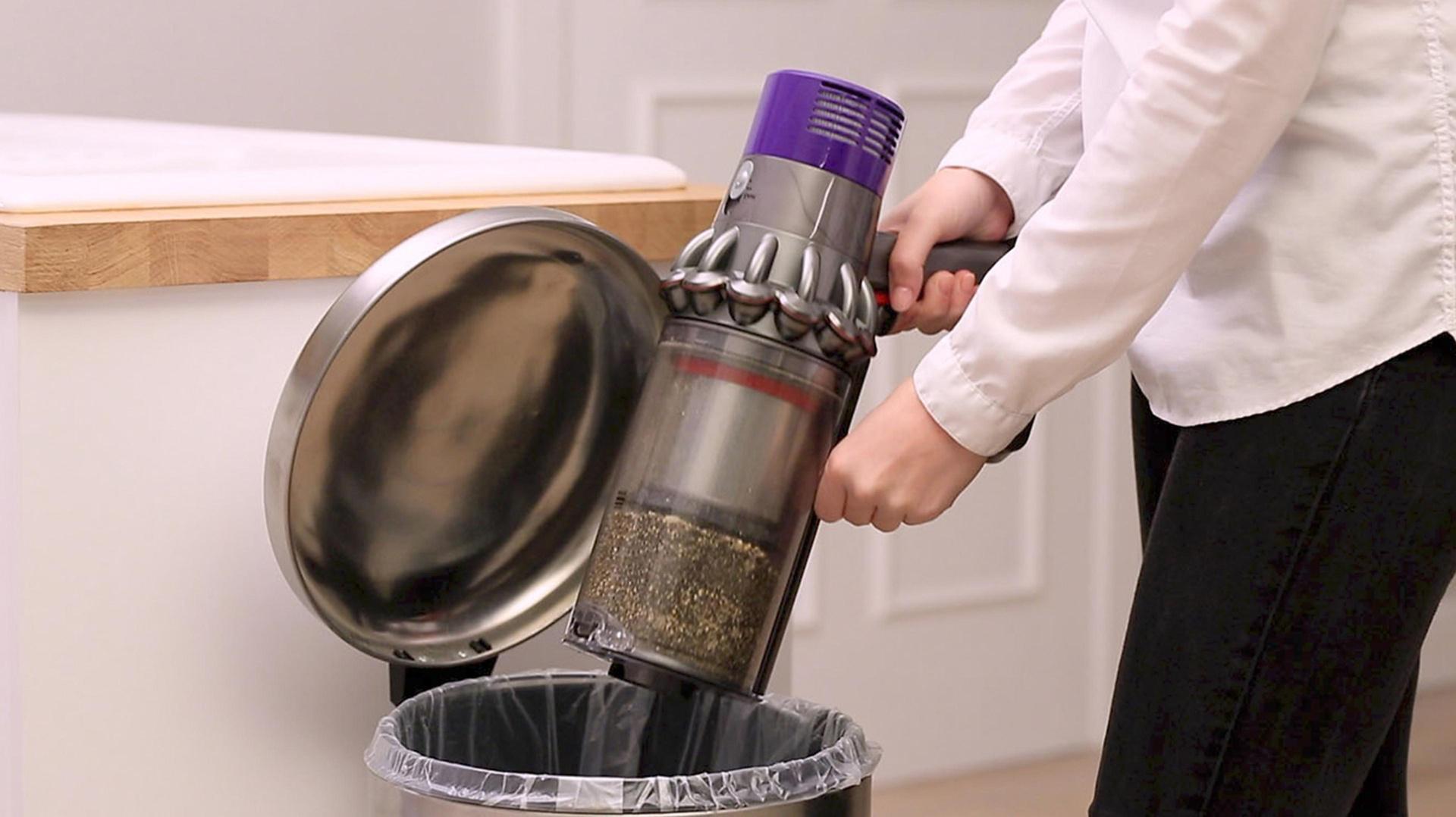
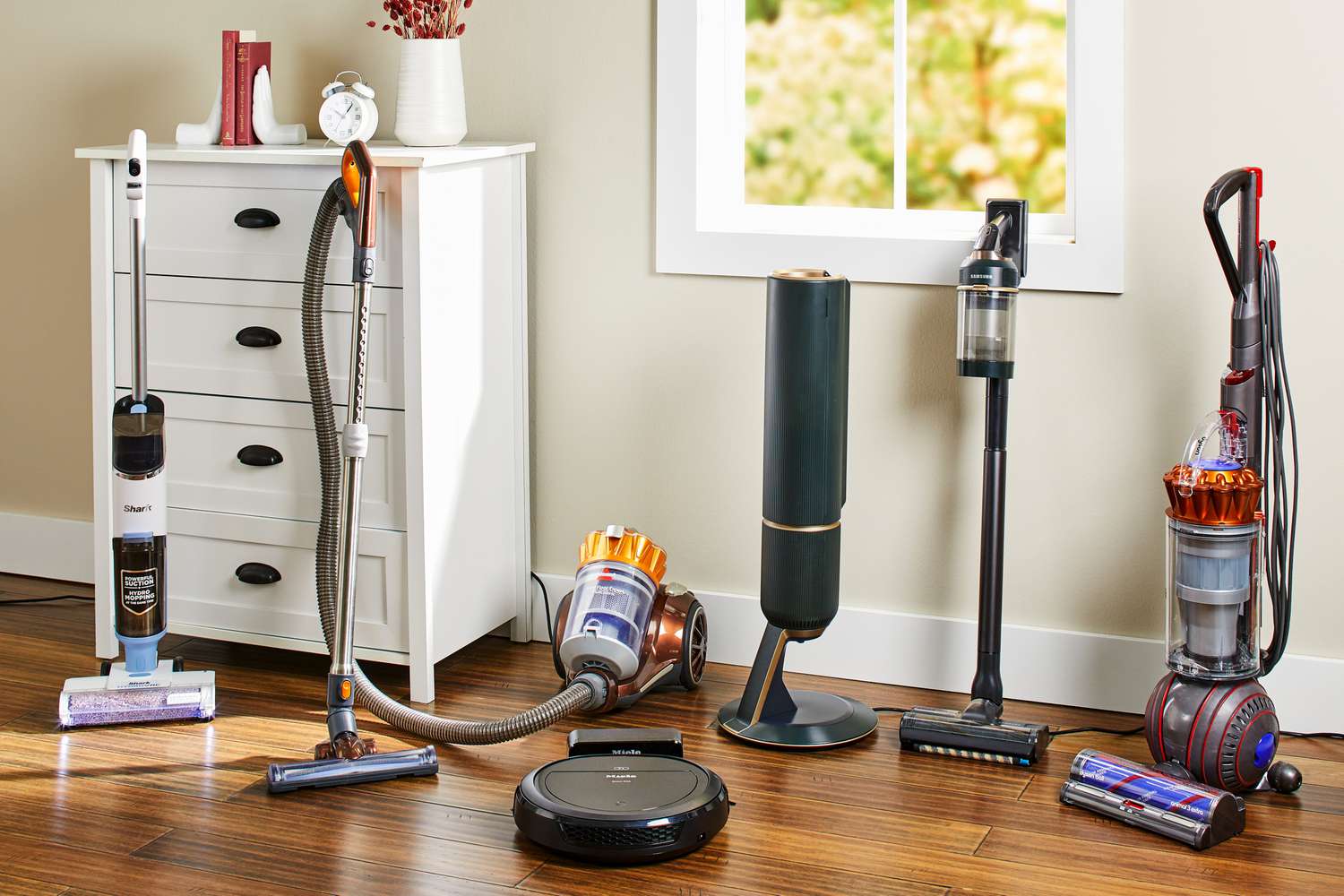
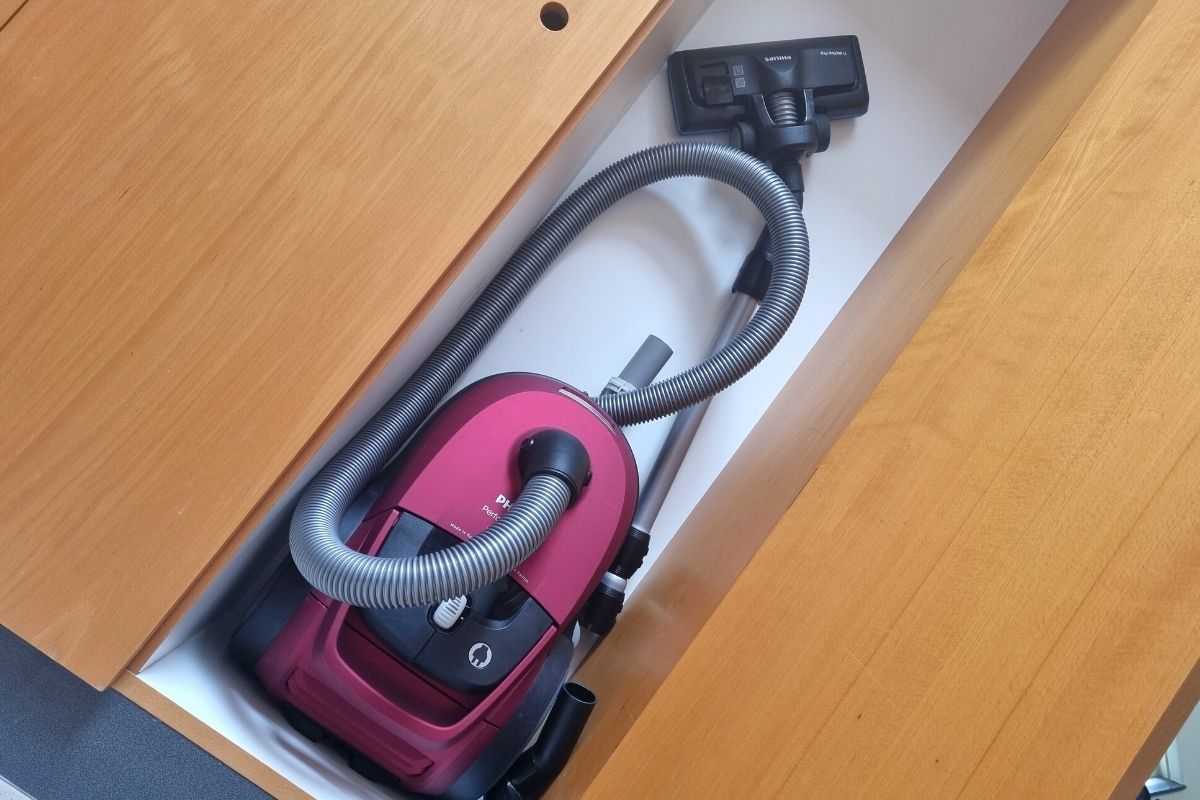
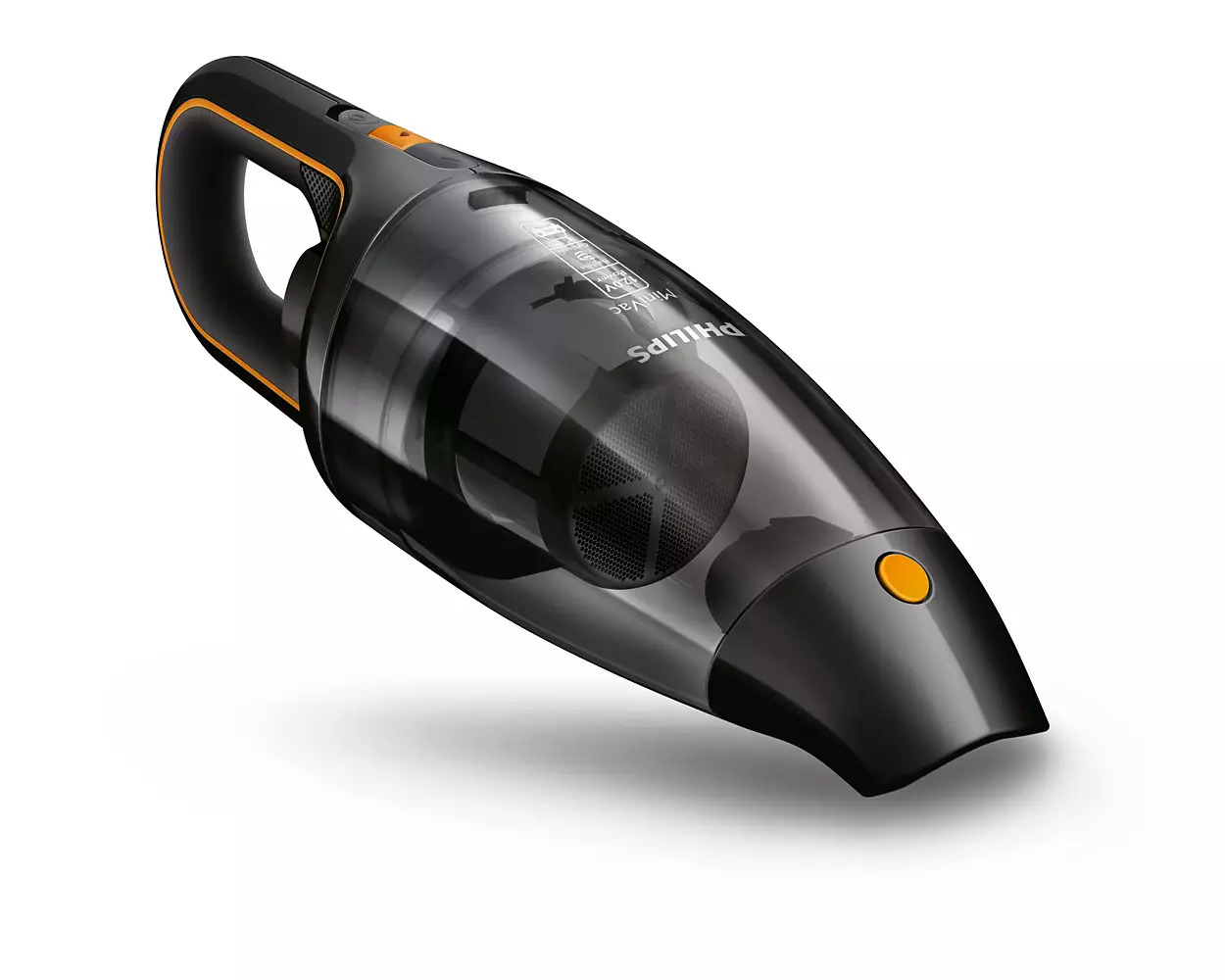
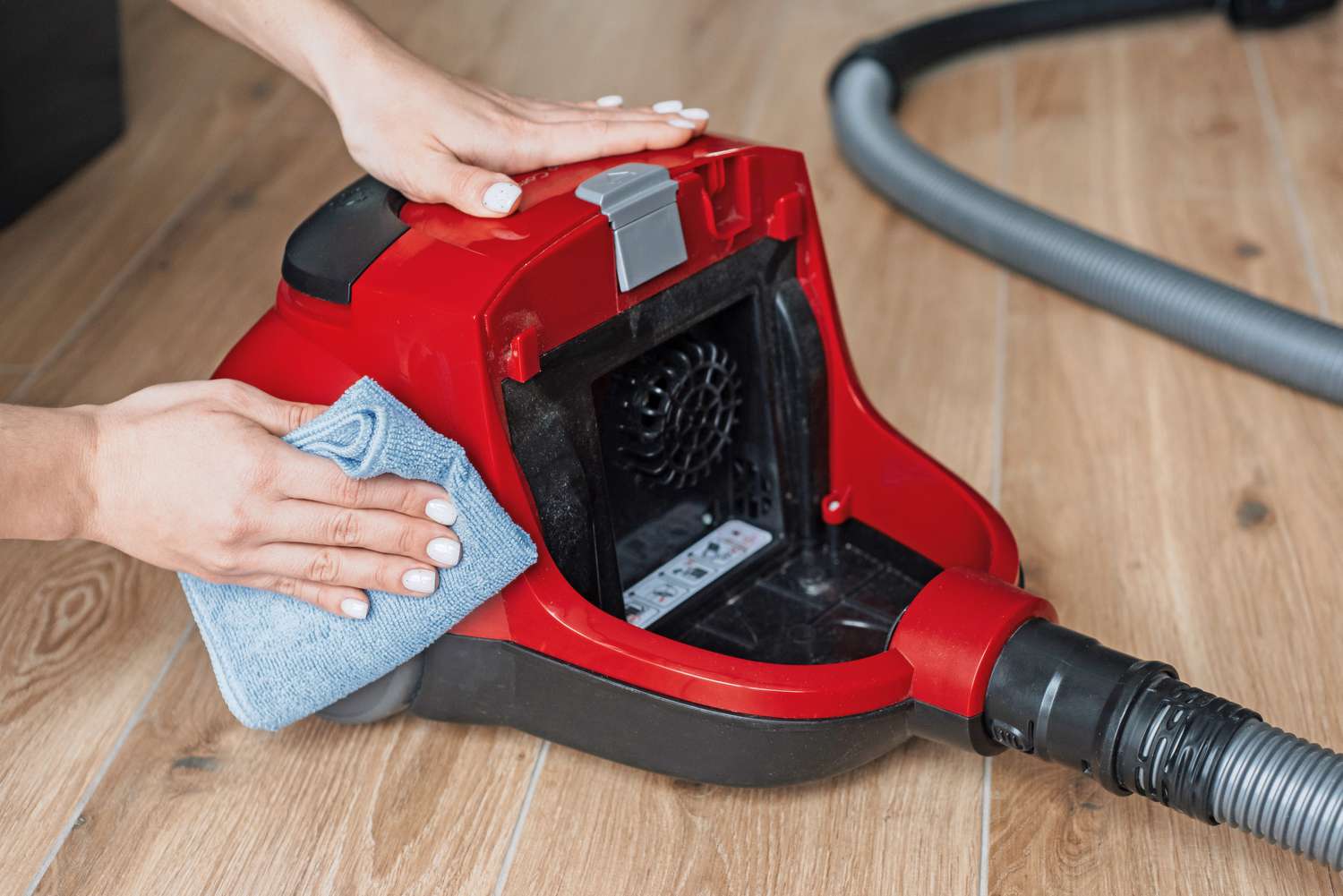
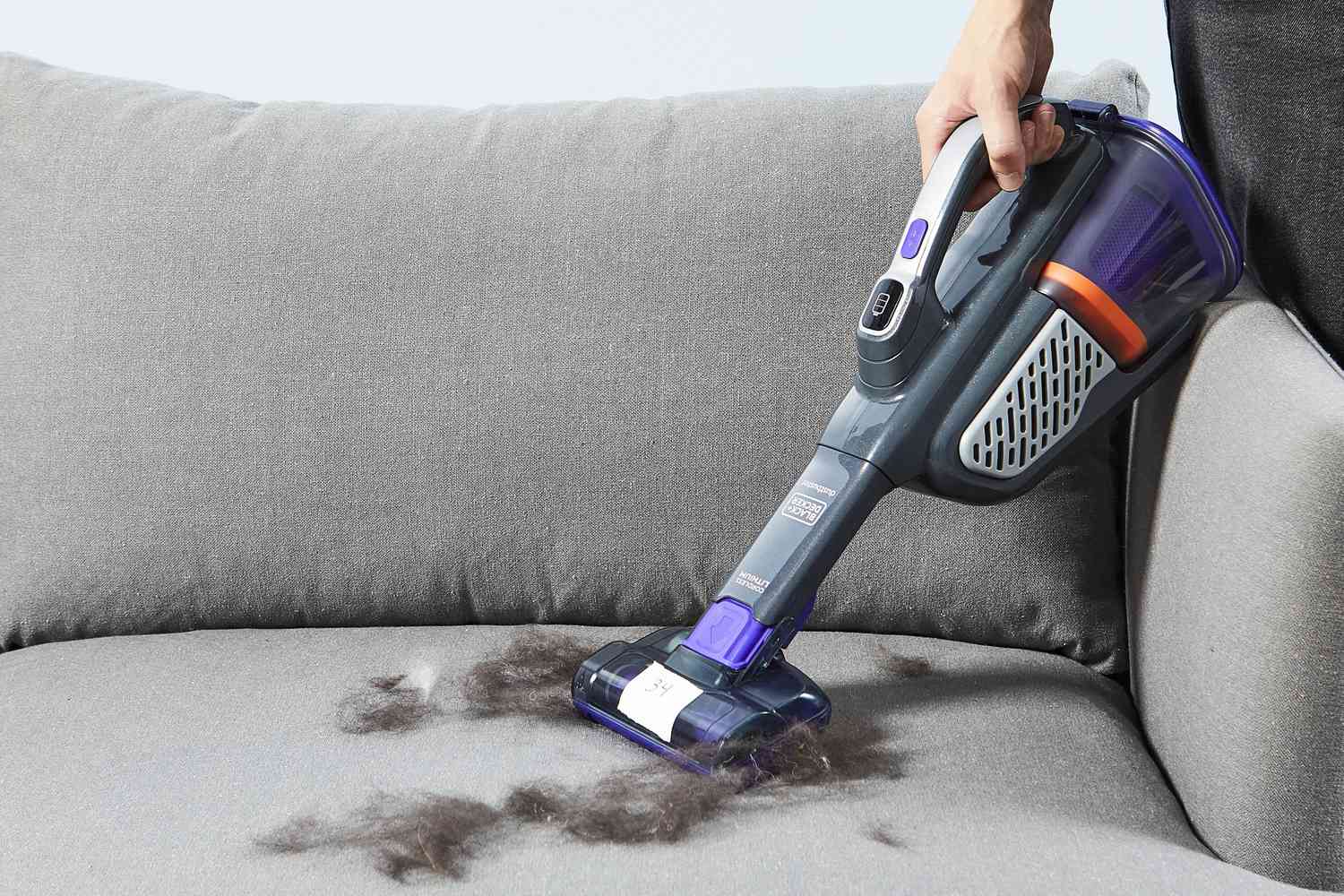
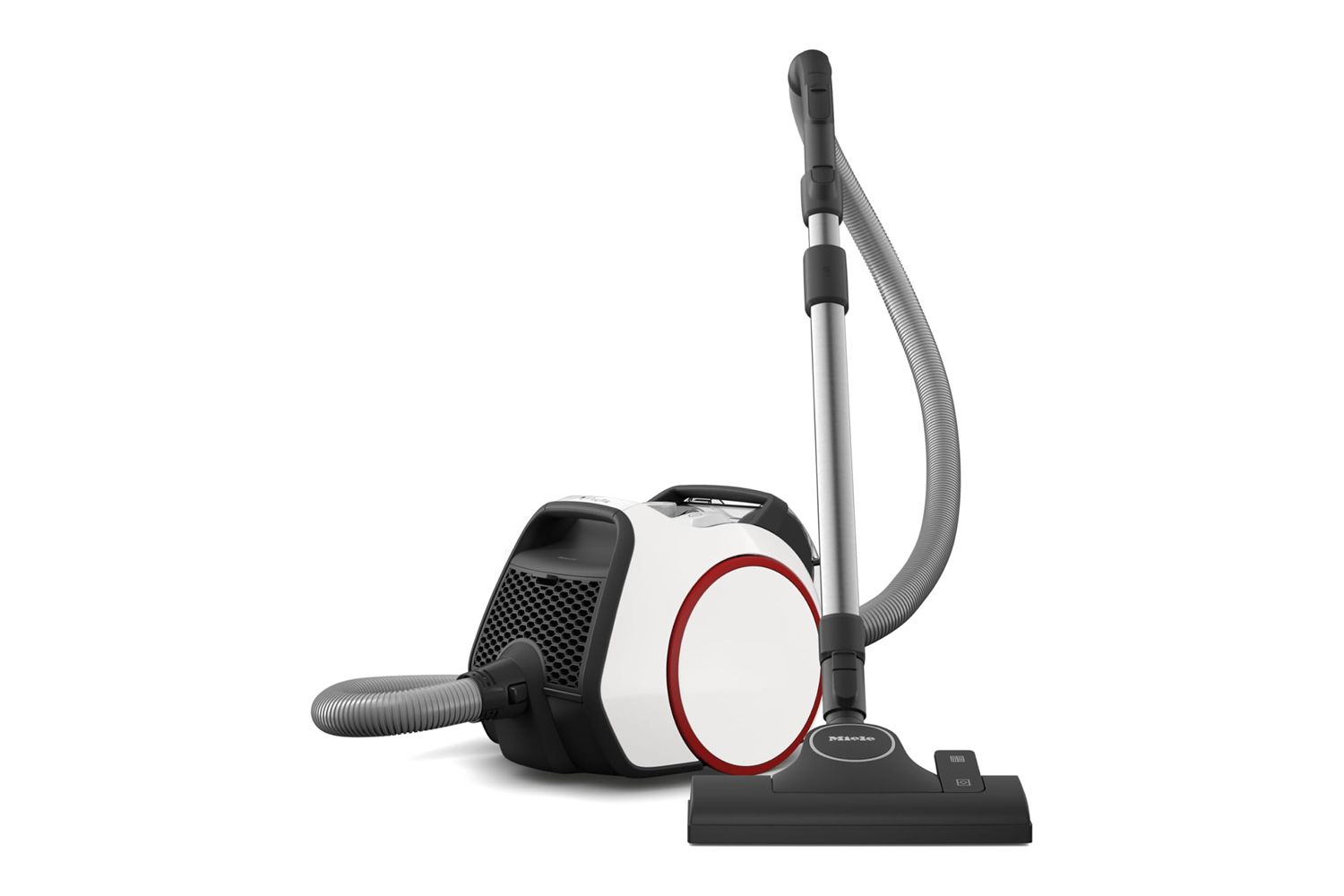
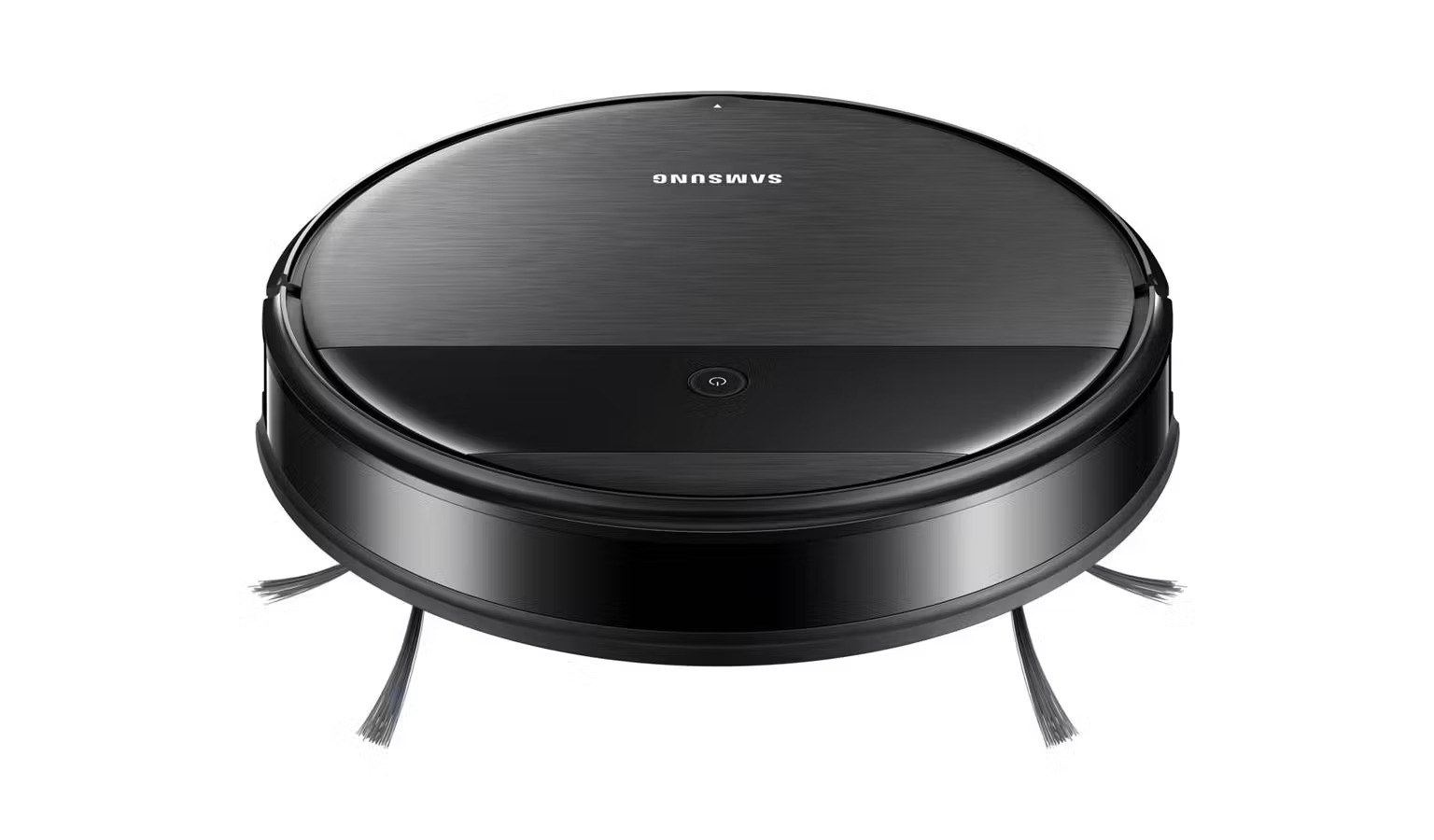
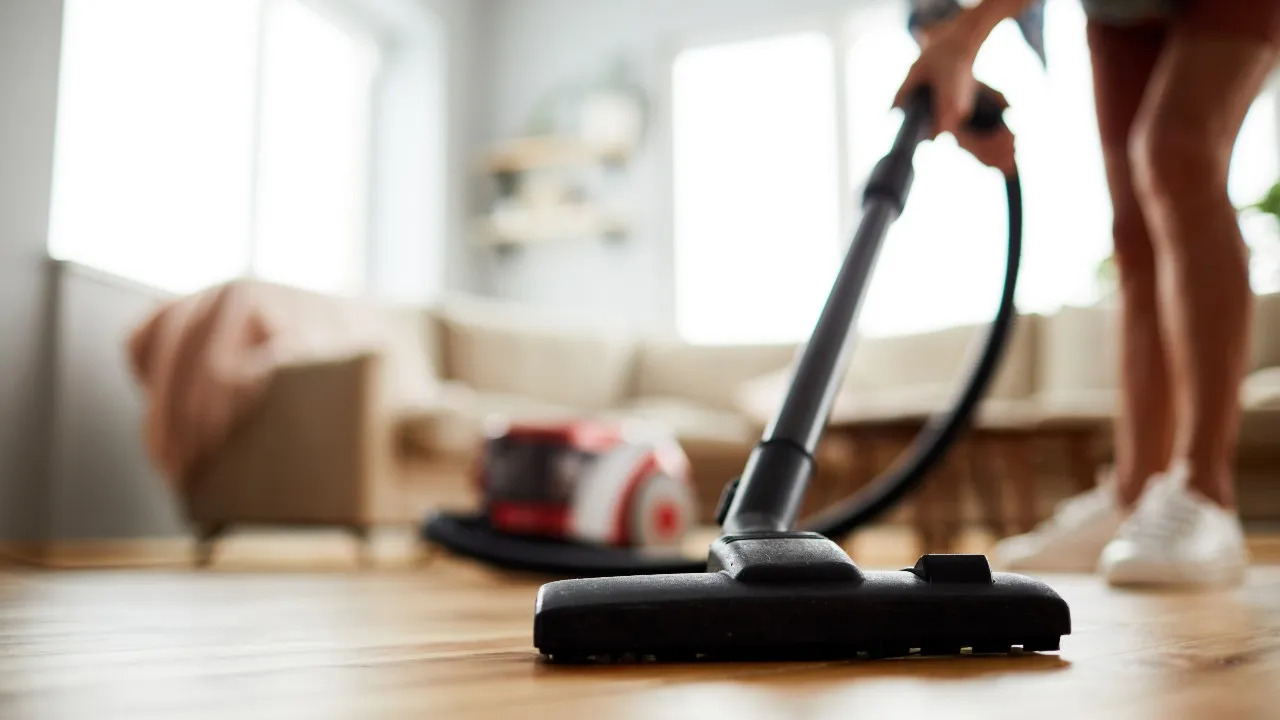
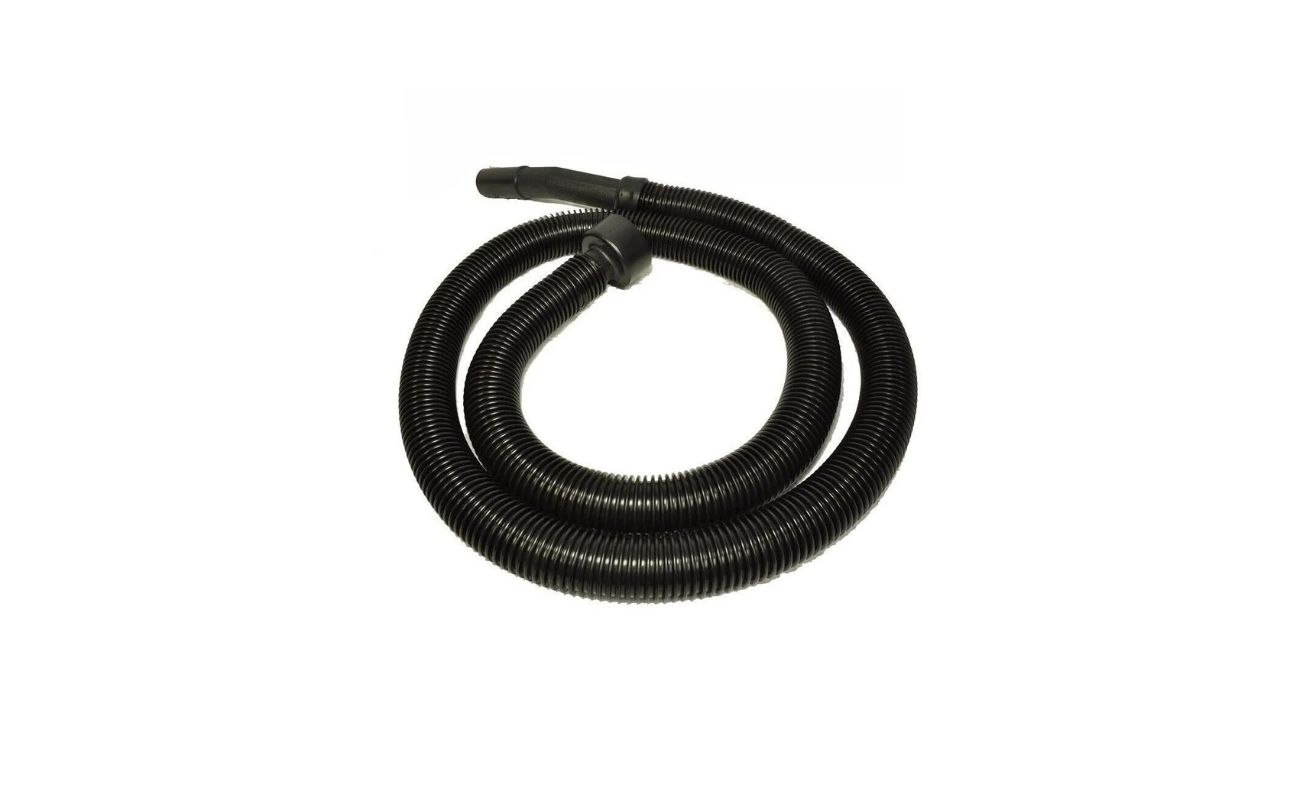

0 thoughts on “How Many Decibels Is A Vacuum Cleaner”